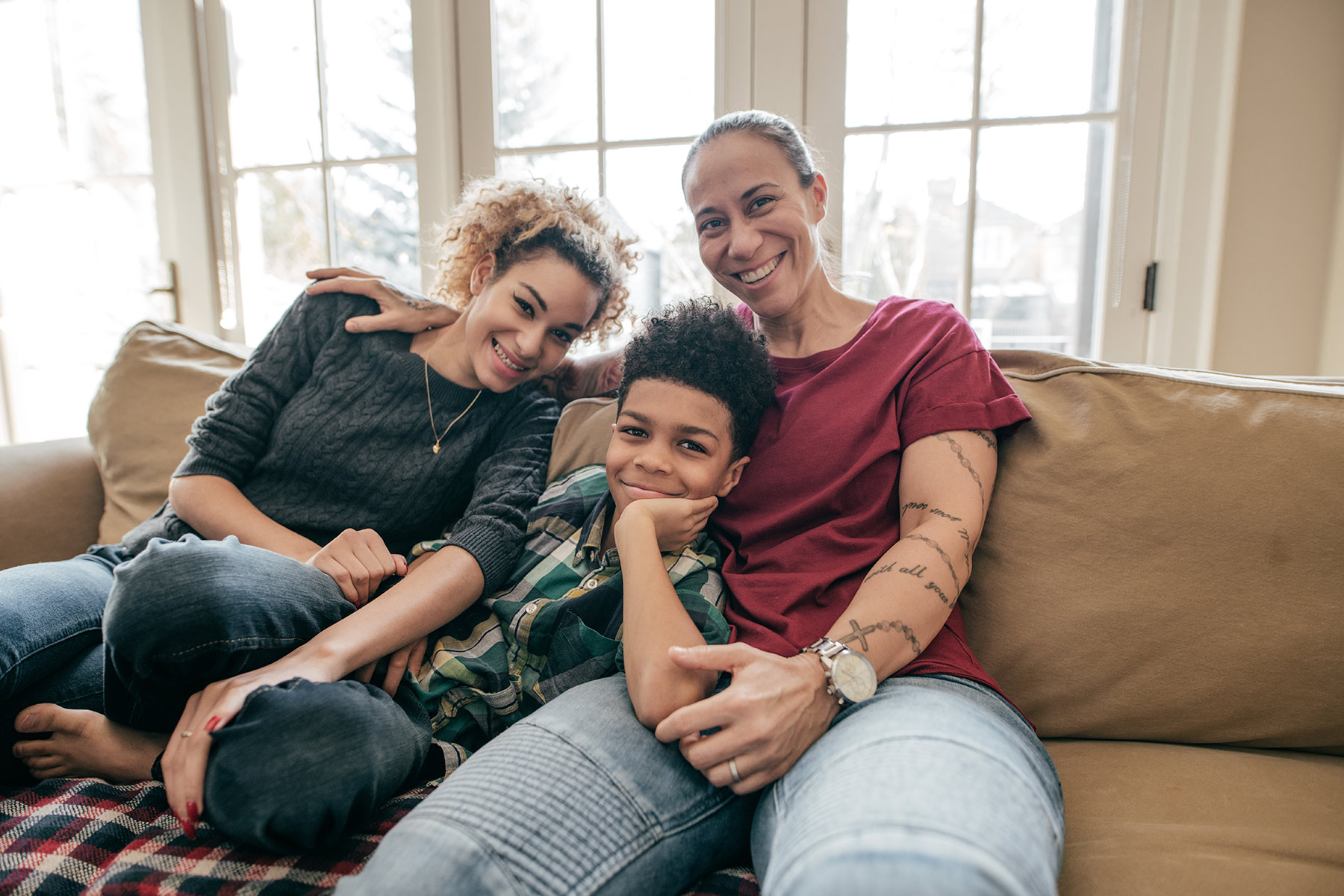
FRIDAY, July 24, 2020 (HealthDay News) — People with COVID-19 are told to keep their distance from family members to protect them from infection. But a new study finds that one-fifth of U.S. homes are too small for that to happen.
Researchers found that more than 20% of households nationwide lacked enough bedrooms and bathrooms to allow a person with COVID-19 to isolate. That covers roughly one-quarter of the population.
And as with the pandemic in general, minority and low-income Americans are most affected. Among Hispanic adults, close to 40% live in a home with too few bedrooms or bathrooms.
Experts said housing conditions are likely one reason that Black and Hispanic Americans have been especially hard-hit during the COVID-19 pandemic.
“This is not affecting everyone in the same way,” said Dr. Talia Swartz, an infectious disease specialist at Mount Sinai Hospital in New York City.
It’s hard for any family to keep coronavirus from spreading in the household, said Swartz, who is also a spokeswoman for the Infectious Diseases Society of America.
“It’s that much harder if you’re living in crowded conditions,” she added.
Health experts’ advice to isolate sick family members makes sense, Swartz noted. But it can be frustrating for people without the space to do so.
“The guidance is catered to people who are able to do those things,” she said. “I think we need to be more thoughtful in our recommendations.”
Dr. Ashwini Sehgal, a professor of medicine at Case Western Reserve University in Cleveland, led the study.
“The issue of quarantining at home hasn’t gotten the same attention as mask wearing and social distancing,” he said. “And I think we need to do more.”
One option, Sehgal said, could be to offer hotel rooms to people who need to quarantine — under medical supervision, and with free meal delivery. The tactic has been used in several Asian countries, he noted.
New York City, which was the epicenter of the U.S. pandemic in the spring, did launch a hotel program, as did some other big cities. But Sehgal said he’s not aware of any coordinated effort to make that option widely available.
